The Development of Economic Thought
The Development of Economic Thought
An Overview
Joseph R. Cammarosano
LEXINGTON BOOKS
Lanham Boulder New York London
Published by Lexington Books
An imprint of The Rowman & Littlefield Publishing Group, Inc.
4501 Forbes Boulevard, Suite 200, Lanham, Maryland 20706
www.rowman.com
Unit A, Whitacre Mews, 26-34 Stannary Street, London SE11 4AB
Copyright 2018 by The Rowman & Littlefield Publishing Group, Inc.
All rights reserved. No part of this book may be reproduced in any form or by any electronic or mechanical means, including information storage and retrieval systems, without written permission from the publisher, except by a reviewer who may quote passages in a review.
British Library Cataloguing in Publication Information Available
Library of Congress Cataloging-in-Publication Data Available
ISBN 978-1-4985-7160-9 (cloth : alk. paper)
ISBN 978-1-4985-7161-6 (electronic)
 The paper used in this publication meets the minimum requirements of American National Standard for Information SciencesPermanence of Paper for Printed Library Materials, ANSI/NISO Z39.48-1992.
The paper used in this publication meets the minimum requirements of American National Standard for Information SciencesPermanence of Paper for Printed Library Materials, ANSI/NISO Z39.48-1992.
Printed in the United States of America
To the Grandchildren.
Contents
For one reviewing this volume an obvious question is, Why the need for this book? Are there not enough volumes available which recount the development of economic thought? The answer, of course, is yes there are many fine books available. If that is the case, why, then this effort?
One reason is that it is intended for students and others who are interested in an introduction or overview of the development of economic thought and the writers who contributed to it. It is also deigned to be a refresher for those who may have had a course in the development of economic thought during their undergraduate or graduate studies.
In todays pursuit of an undergraduate or even graduate degree with a concentration in economics, it is unlikely that the student will get much exposure to the study of those writers who were responsible for the very concepts and theories they are now studying. It also bears noting that in the postWorld War II era, economics has become much more mathematical, concentrating on quantitative economics, statistics, and econometrics to the exclusion of the social and philosophical aspects of the discipline. There is no questioning the intentions of this approach to move economics from the social to the hard sciences. But whether this effort succeeds or not, there is still much to be gained from a review of the older and more humanistic treatment of the discipline. Moreover, even if one wishes to pivot and move from the traditional to another direction, it is important for one to know where one has been to determine where one is going.
The purpose of this book, therefore, is to provide the interested reader and students who are taking courses in the social sciences and philosophy an understanding of the principal theoretical developments in the history of economics. Unlike many of the encyclopedic compendia available for the study of economics, this book avoids a great deal of nonessential detail and focuses on the highlights of the principal contributors to the discipline. Its purpose is not to overwhelm the reader, but to introduce him or her to the members of the major schools of thought, beginning with the early ancient writers and ending with the work of John Maynard Keynes. Substantively, this work aims to serve as a bridgehead, the starting point from which the reader can proceed to the original works of the writers on economic subjects and the more exhaustive commentaries on them.
Economics as a formal subject of learning is of comparatively recent origin, but man has always had to deal with economic matters. Economic issues have impacted all aspects of life and so it is not surprising that many of the writings in philosophy, religion, politics, and history had an economic dimension associated with them. It was, therefore, from these writings and even the scriptures that many of our economic concepts evolved. For example, the Old Testament makes reference to private property, labor, and money, while the New Testament, in addition to money, makes reference to the payment of taxes. The schoolmen of the medieval period, although primarily concerned with the moral aspects of taking interest, implicitly justified some aspects of it on the basis of opportunity cost. Significantly, many of the issues they raised continue to confront us to the present day. They have not disappeared with the passage of time.
From the very outset writers on economic issues may have been concerned with money, property, trade, and other mundane matters, but their primary interest was the improvement of the human condition. While the classicists, utopians, neoclassicists, Austrians, welfare, institutional, and the members of other schools of thought may have differed in their approaches, their objective was the same. As Professor Heilbroner noted in his iconic book, The Worldly Philosophers , the ultimate objective of their economic thinking was social understanding.
This theme runs throughout the writings of those who contributed to the development of economic thought, beginning with the Greeks and Romans and proceeding to the middle ages, the period of mercantilism, the era of the French Physiocrats, Adam Smith, Ricardo, the classical economists and their dissenters, John Stuart Mill and the later classicists, Karl Marx, the Austrians, the institutionalists, and John Maynard Keynesall works to be reviewed in the pages that follow.
Regrettably, that era which ran for more than two thousand years has come to a close. That period is gone. The work of present-day economists is not in the tradition of the past. Although economics has always had a good number of mathematically trained economists, starting with Cournot followed by Cassel, Walras, Jevons, Wicksell, Edgeworth, Marshall, Fisher, Keynes, and others, for them mathematics was a tool to help them develop their thoughts which they then presented in terms understandable to the reader. A good
Quite intelligent people can still read Adam Smith and Karl Marx, but doubtless will experience much more difficulty in comprehending many of the articles in todays learned journals. Since the end of World War II, the pendulum has swung to the greater use of quantitative methods. The discipline has tried to become more of a pure science with a heavy emphasis on statistics, mathematical economics, econometrics, game theory, and other quantitative measures. As noted by Professor Heilbroner, [i]n the main economics has become a technical, often arcane calling, and ambitious projections of imagination into the future are no longer listed among its aims.
Professor Lionel Robbins, the noted British economist, stated that the economics of the future will not be a body of knowledge accessible to everyone. An understanding of this new economics, he added, [will require] a greater equipment than a combination of intelligence and curiosity. But one may well ask, How would that concentration of knowledge in the hands of the few affect the functioning of the economy, public policy and the other diverse interests of humankind?
At present, less mathematically gifted graduate students spend more time in mastering mathematics than becoming wise and imaginative observers of history, politics and social problems. The danger lies in divorcing economic analysis from the human aspects of life and removing the discipline from the social sciences. Regrettably, rigor has become more important than relevance and form counts for more than matter.

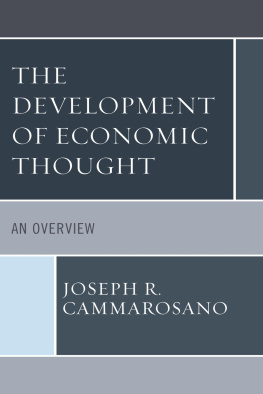
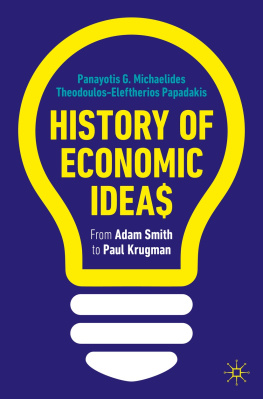
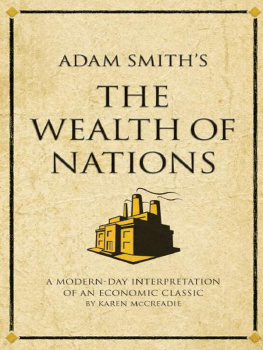
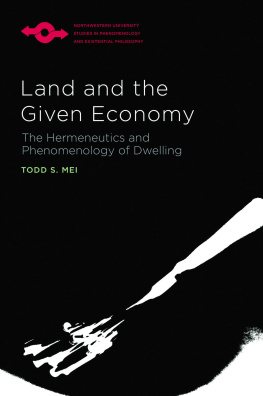
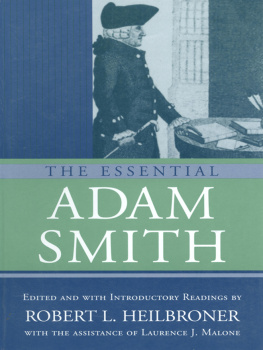
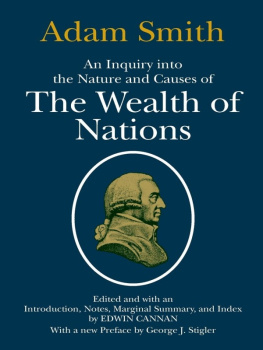

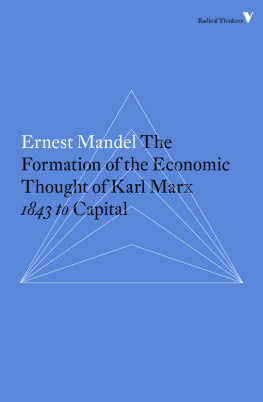

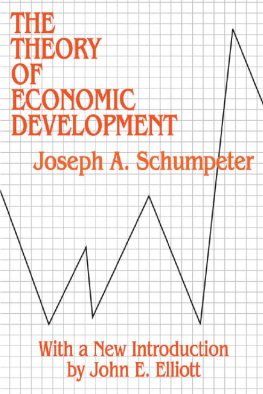
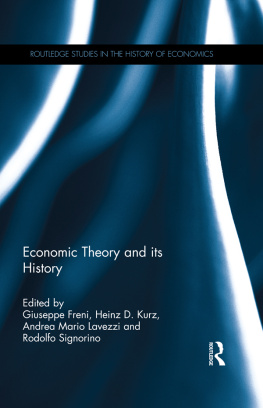

 The paper used in this publication meets the minimum requirements of American National Standard for Information SciencesPermanence of Paper for Printed Library Materials, ANSI/NISO Z39.48-1992.
The paper used in this publication meets the minimum requirements of American National Standard for Information SciencesPermanence of Paper for Printed Library Materials, ANSI/NISO Z39.48-1992.